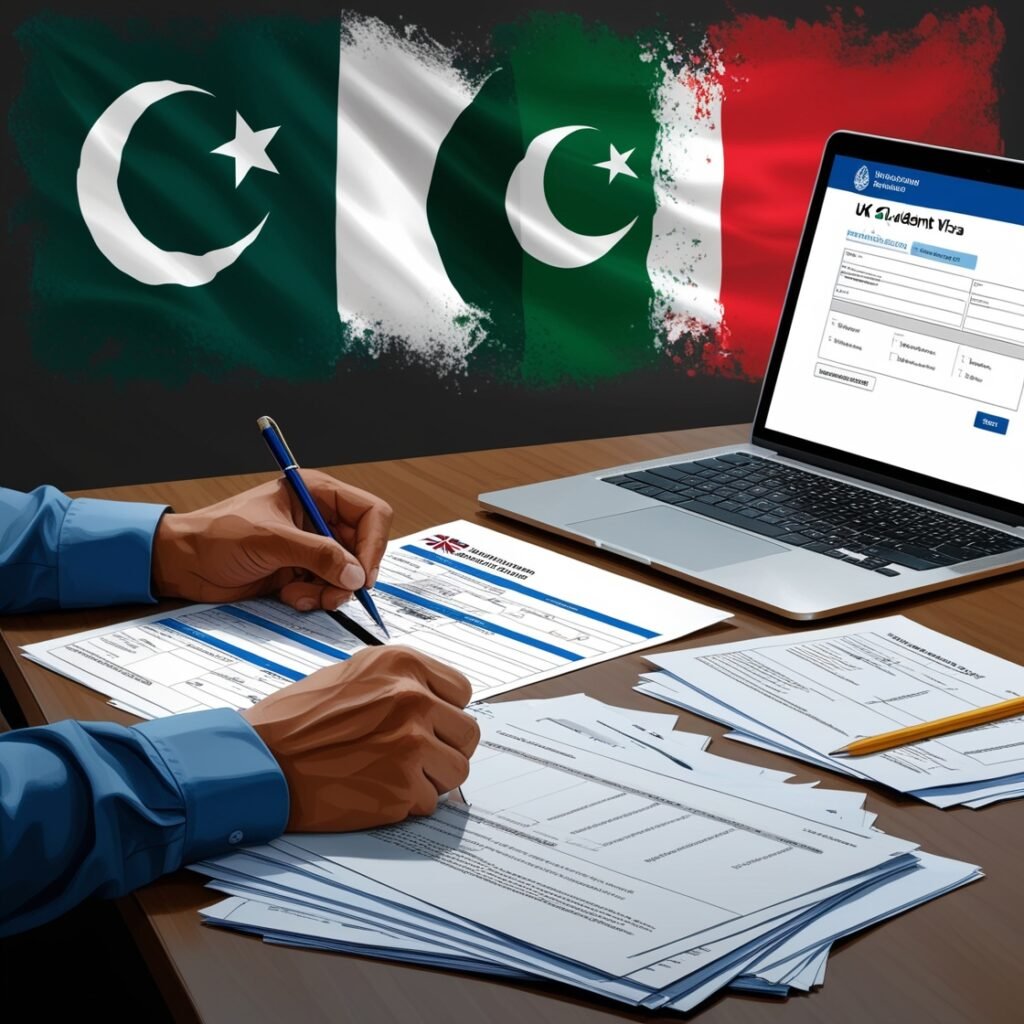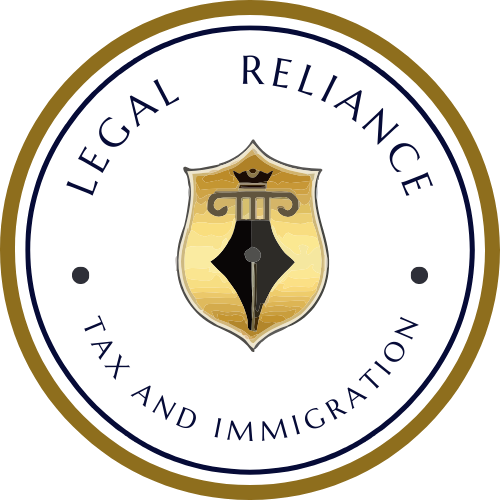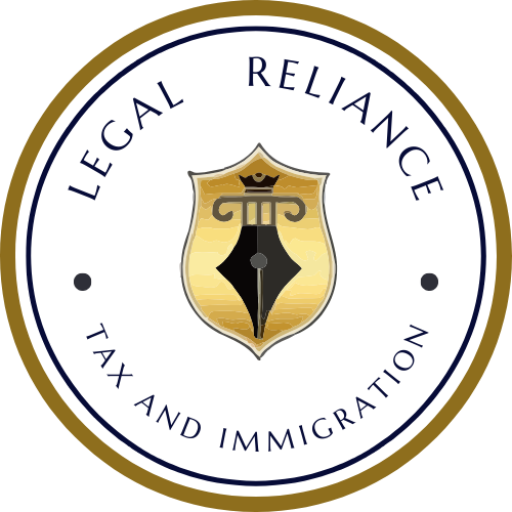Introduction
Dreaming of studying in the United Kingdom and getting a world-class education? If you’re in Pakistan, the process of applying for a UK student visa in 2024 might seem complex at first, but don’t worry—it’s easier than you think! In this guide, we’ll walk you through each step of the UK student visa application process, breaking it down into simple, easy-to-follow instructions. Whether you’re applying for an undergraduate, postgraduate, or any other course, this guide will cover everything you need to know.
1. Introduction to UK Student Visa Types
Before diving into the application process, it’s important to understand the different types of UK student visas available. The most common visa for Pakistani students is the Tier 4 (General) Student Visa. However, the UK has now simplified its visa categories under the Student Route. Here are the key visa types you might consider:
- Student Visa (for those 16 and over, looking to study for more than 6 months)
- Child Student Visa (for students aged 4-17 studying at an independent school)
- Short-term Study Visa (for English language courses lasting 6-11 months)
2. Who Needs a UK Student Visa?
If you’re a Pakistani national looking to study in the UK, you’ll almost certainly need a UK student visa. Whether you’re pursuing an undergraduate or postgraduate course, or even an English language program, this visa is essential.
Exceptions?
If you hold dual citizenship with a European Union (EU) or European Economic Area (EEA) country, you might be exempt. But for most Pakistani students, applying for a UK student visa is a must.
3. Eligibility Criteria for a UK Student Visa
To be eligible for a UK student visa, you must meet the following key requirements:
- Confirmation of Acceptance for Studies (CAS): This is a reference number from your chosen UK university confirming that you’ve been offered a place.
- English Language Proficiency: You’ll need to demonstrate a good understanding of English, typically via an approved test like IELTS.
- Proof of Financial Stability: You’ll need to show that you can support yourself financially during your studies in the UK.
4. Required Documents for a UK Student Visa
The documentation is a crucial part of your visa application. Missing documents can result in delays or even rejection. Here’s a checklist of the documents you’ll need:
- Valid Passport
- Confirmation of Acceptance for Studies (CAS)
- Proof of Financial Stability
- Proof of English Proficiency (e.g., IELTS)
- Tuberculosis Test Results (required for Pakistani applicants)
- Passport-sized Photographs
- Academic Transcripts and Certificates
Be sure to have these documents ready before starting your application.
5. Step-by-Step Application Process

Applying for a UK student visa from Pakistan is a multi-step process. Here’s a detailed breakdown:
Step 1: Receive Your CAS
After being accepted into a UK university, you’ll receive a Confirmation of Acceptance for Studies (CAS). This is a reference number you’ll use in your visa application.
Step 2: Complete the Online Visa Application
Head to the UK Government’s visa application website. Select the Student Visa and fill in all the required details, including your CAS number.
Step 3: Pay the Visa Fee
The application fee for a UK student visa is approximately £363 as of 2024. Make sure to pay this fee online during the application process.
Step 4: Book an Appointment at a Visa Application Centre
After submitting your application, you’ll need to schedule an appointment at your nearest Visa Application Centre in Pakistan. During this appointment, you’ll provide biometric information (fingerprints and a photo).
Step 5: Submit Your Documents
Along with your biometric data, you’ll submit all required documents at the Visa Application Centre.
Step 6: Wait for Your Visa Decision
After submitting your application, you’ll need to wait for a decision. The average processing time for a UK student visa is 3-4 weeks.
6. Financial Requirements and Proof
The UK government wants to ensure that you have enough money to support yourself while studying. You must provide proof that you have:
- £1,334 per month for living costs if you’re studying in London.
- £1,023 per month if studying outside London.
This amount must cover at least 9 months of study. You can provide bank statements, student loans, or scholarship letters as proof.
7. Tips for Preparing a Strong Visa Application
Your visa application should leave no room for doubt. Here are a few tips to make sure your application stands out:
- Double-check Your Documents: Ensure every document is in order, accurate, and up to date.
- Be Honest: Provide accurate information about your financial situation and educational history.
- Prepare for the Interview: Practice answering potential questions you may face during the visa interview.
Think of your visa application as a well-prepared presentation. The more polished it is, the better your chances!
8. Understanding the UK Visa Interview Process
The visa interview can be intimidating, but if you’re prepared, it will go smoothly. You might be asked questions about:
- Your course and university
- Why you chose the UK
- Your financial situation
The interview is essentially a way for the UK government to ensure you’re a genuine student with genuine intentions to study.
9. UK Visa Processing Time
After submitting your application, it typically takes around 3-4 weeks for a decision. However, during busy periods, such as before term starts, it could take longer. You can track your visa application online or through the Visa Application Centre.
10. What Happens After Submitting the Visa Application?
Once you’ve submitted your application, here’s what to expect:
- Confirmation Email: You’ll receive an email confirming that your application has been submitted.
- Visa Decision: You’ll be informed whether your application was approved or denied. If successful, you’ll receive your Biometric Residence Permit when you arrive in the UK.
11. Common Reasons for Visa Rejection and How to Avoid Them
Unfortunately, some visa applications do get rejected. Common reasons include:
- Incorrect or Missing Documents
- Insufficient Financial Evidence
- Failure to Meet English Language Requirements
To avoid rejection, double-check all documents, ensure you meet all criteria, and be honest in your application.
12. What to Do if Your Visa Application is Refused?
If your visa application is refused, don’t panic. Here’s what you can do:
- Review the Refusal Letter: Understand why your visa was denied.
- Correct the Issues: Address any problems mentioned in the refusal letter.
- Reapply: Once the issues are resolved, you can reapply for the visa. Alternatively, you may choose to appeal the decision.








